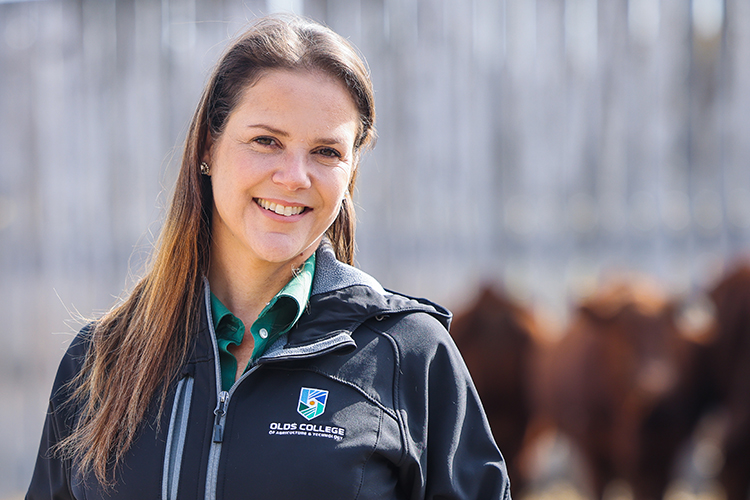Making accessibility education a priority

Adrian Chan and a student testing accessibility equipment
Even today, accessibility is too often an afterthought in the engineering and design of products, buildings and websites. Wheelchair ramps, braille signs, bike lanes, and alternative text on online images are too easily left to the last minute.
“One in seven Canadians are living with a disability,” says Carleton University Professor Adrian Chan, “and we are excluding them from participating in the market, in employment and in society.”
Chan’s research at Carleton aims to change all that with the help of a $1.65 million Collaborative Research and Training Experience (CREATE) grant.
The Biomedical Engineering professor has established the ![]() Research and Education in Accessibility, Design and Innovation (READi) training program to fill a gap in expertise.
Research and Education in Accessibility, Design and Innovation (READi) training program to fill a gap in expertise.
“We’re looking at this not only as skills development, but also an effective learning opportunity,” says Chan. “We want it to be an integrated approach that involves community stakeholders. There’s this sentiment that when we’re designing, it should not be just for someone, it should be designed with them. All good design should be like that.”
The READi program will provide professional training primarily for students in information and communications technology (ICT), engineering, and design to prepare for markets expanding around accessibility requirements. Collaborations with community partners will work on real-world problems, workshops will provide knowledge and skills development, and a new graduate course that started this fall is teaching graduate students accessibility and inclusive design.
“On campus, online, and in our research endeavours at Carleton, accessibility is a huge priority,” says Rafik Goubran, vice president (Research and International). “It affects the way we educate, interact with one another, and informs the depth and breadth of our research. We are very fortunate to have such a strong group of researchers and partners to move these initiatives forward for the betterment of all Canadians.”
Carleton has a long and strong history in accessibility—from providing education to Second World War veterans to today’s inclusive and accessible infrastructure. At the same time, Ontario’s ![]() Accessibility to Ontarians with Disabilities Act is one of the most progressive legislations on accessibility in the world. Chan says the solutions-oriented and holistic approaches at Carleton and in Ontario are a perfect fit.
Accessibility to Ontarians with Disabilities Act is one of the most progressive legislations on accessibility in the world. Chan says the solutions-oriented and holistic approaches at Carleton and in Ontario are a perfect fit.
“We’re not just talking about physical accessibility or web accessibility, we’re also talking about attitudinal barriers,” he says. “Accessible design benefits everyone.”
Chan collaborates with experts in a variety of disciplines at Carleton. Other significant contributors are Edward Lemaire from the University of Ottawa and Queen’s University’s Nicholas Graham and Claire Davies from the School of Computing and the Department of Mechanical and Materials Engineering, respectively.
To close the gap between compliance laws and true accessibility, engineers and designers will need to change their attitudes as they enter the industry. Students in the READi training program will benefit from annual retreats and an all-encompassing annual symposium to share their findings and perspectives with the next group of students.
This article was written by Joseph Mathieu and adapted with permission from ![]() Carleton University.
Carleton University.
Up next

Advancing Reproductive Efficiency & Stress Management in Beef Heifers
The primary goal of a cow-calf operation is to produce one calf per cow per year. However, the journey to achieving this reproductive success is fraught with challenges influenced by a variety of factors, including genetics, nutritional status, and stress, each playing a crucial role in the performance of heifers.